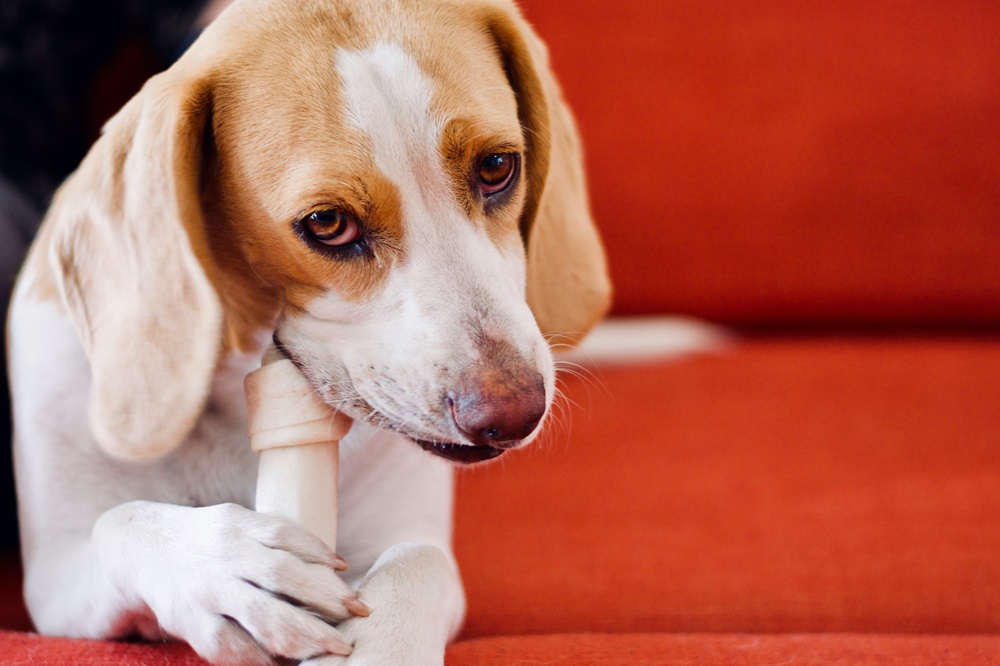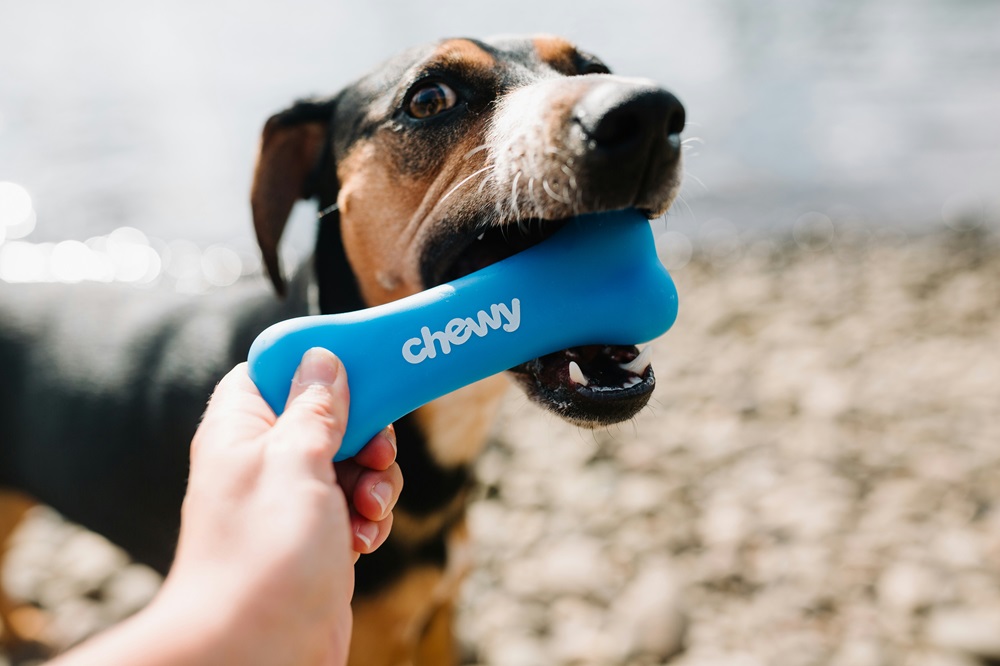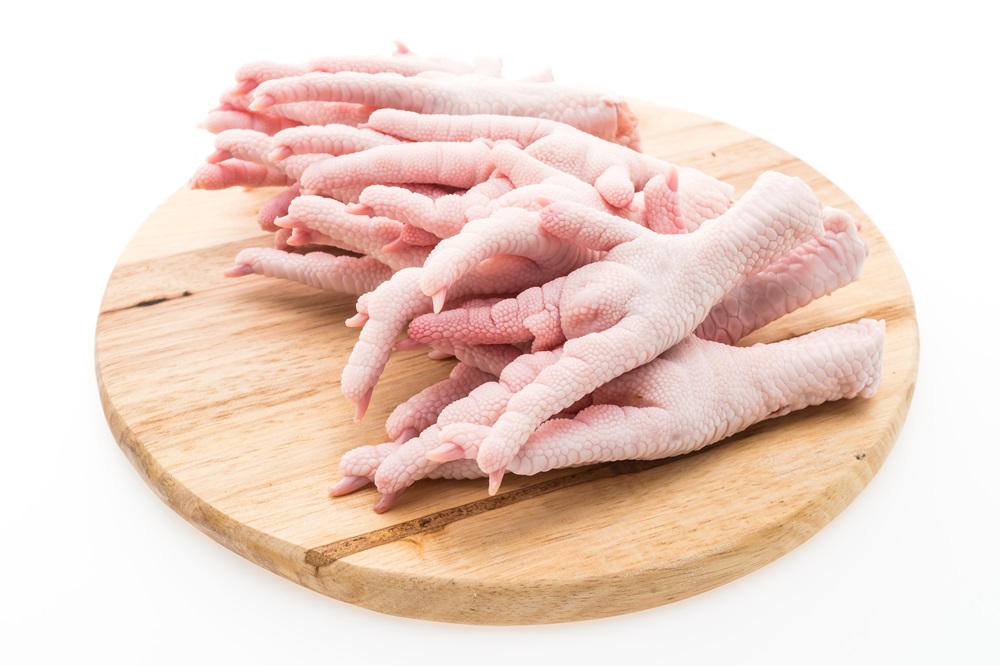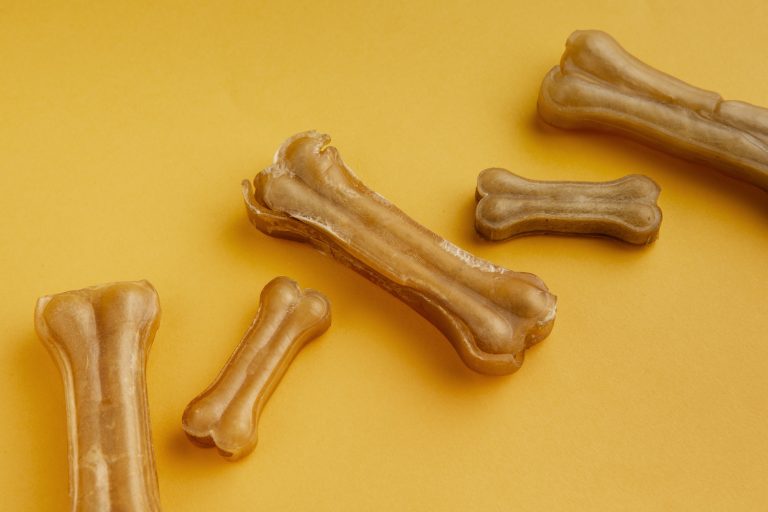Dog bones have become a real challenge for pet owners, given the seemingly endless variety of options available on the market. While these canine treats are meant to satisfy your pet’s natural chewing instinct and promote oral health, not all bones are created equal.
Beyond the enjoyment of these snacks, dog owners must be aware of the quality and safety of the bones they choose for their pets. By exploring the universe of “Dog Bones”, we will reveal which options are good for your dog’s health and which ones should stay away from your beloved pup.
CONTENT:
Benefits of dog bones
Dog bones can provide numerous benefits if chosen carefully and administered correctly. Here are some things to consider:
1. Benefits
- Satisfy the chewing instinct: Dogs have a natural instinct to chew to keep their teeth clean and relieve stress. Bones can be a great way to meet this need.
- Promotes dental health: Chewing on bones can help remove plaque and tartar, helping to maintain your dog’s oral health.
- Provides essential nutrients: Some types of bone, such as those from beef ribs, can provide beneficial nutrients such as collagen and calcium.
2. Aspects to consider
- Bone Size: Bones should be appropriate for your dog’s size and breed. Bones that are too small can be a choking hazard, while bones that are too large can lead to tooth fractures or digestive problems.
- Type of bones: Avoid cooked or brittle bones, which can break into sharp pieces. Raw bones or pressed skin can be safer options.
- Supervision: It’s important to supervise when your dog is chewing on a bone, especially if it’s the first time you’ve given him one. Make sure they don’t try to swallow large bones or chew them into small pieces that can become dangerous.
- Consult your vet: Before introducing new bones into your dog’s diet, it is always recommended to consult your vet to ensure they are suitable for your pet, given their age, size and health.
In conclusion, bones can be beneficial to dogs if offered responsibly and carefully. Selecting the right bones and carefully monitoring your dog as they chew are keys to ensuring a safe and enjoyable experience for your pet.

Recommended bones
Dog bones are not only a way to satisfy their chewing instincts, but also an essential component in maintaining the health and happiness of your four-legged friend. With such a wide variety of options available, choosing the right bones becomes an important decision for responsible pet owners.
In the “Recommended Bones” segment, we’ll explore some of the ideal options for dogs, providing a detailed insight into their health benefits and how they can enrich the lives of our beloved pets.
-
Pressed leather bones
Pressed leather bones are a popular choice among dog owners due to their durability and benefits for their pet’s dental health. They are manufactured by compressing and treating animal skins, resulting in a dense and durable structure. Chewing on these bones helps remove plaque, helping to keep teeth healthy and gums clean. It is crucial to choose pressed leather bones that are produced from natural materials without chemical additives or artificial colors to avoid potential allergic reactions and ensure a safe experience for your dog.
-
Beef rib bones
Cow rib bones are an excellent option due to their nutritional value and benefits to the overall health of dogs. These bones provide not only satisfying chewing activity, but also essential nutrients such as calcium and collagen. Calcium is essential for healthy bones and teeth, while collagen helps keep joints elastic and nails strong. However, it is important to pay attention to the size of the beef rib bones to match the size of your dog, thus avoiding the risk of choking or other digestive problems.
-
Nylon bones
Dogs that love to bite and chew find nylon bones suitable due to their durability and strength. These bones are typically designed to meet the chewing needs of dogs of all sizes, providing a safe alternative to natural bones. By chewing on these bones, dogs can prevent plaque build-up, helping to maintain oral hygiene. Nylon bones are also less likely to fragment into sharp pieces, reducing the risk of injury. However, as with other types of bones, supervision of the dog during chewing is essential to ensure a safe and enjoyable experience.

Bones to avoid
In the vast world of dog treats, choosing the right bones becomes a crucial concern for responsible owners. While these snacks effectively satisfy dogs’ natural chewing instincts, we should exclude certain types of bones from our faithful four-legged friend’s menu.
In this context, we explore the segment “Bones to avoid”, where we will analyze the types of bones that can pose health risks for dogs and the reasons why we should be careful when choosing them. An informative and cautionary guide for dog owners to protect their best friends from the potential dangers associated with improper bones.
-
Boiled bones
Boiled bones are one option that should stay off your dog’s plate. They tend to become brittle in the cooking process and consequently may break into sharp pieces. This high risk of fragmentation can lead to damage to the digestive tract, including intestinal perforation. To avoid unpleasant incidents and potential health complications, consider stopping the practice of giving your dog boiled bones and explore safe alternatives.
-
Small or fragile bones
Small or brittle bones are also a health hazard for your dog. Small bones can pose a choking hazard, especially for large dogs, as they can be swallowed whole. On the other hand, brittle bones can break into sharp pieces and the dog can accidentally swallow them, causing injuries to the mouth, throat or even stomach. Choosing the right size and strong bones is essential to minimize risks and ensure your pet’s safety.
-
Chicken bones or other fragile bones
Exclude chicken bones or other fragile bones from your dog’s diet. These types of bones, especially chicken bones, have a thinner structure and can become dangerous when chewed. They can break into sharp fragments that, if ingested, can injure the dog’s digestive tract. Choose to protect your dog from the potential dangers associated with this type of bone.


